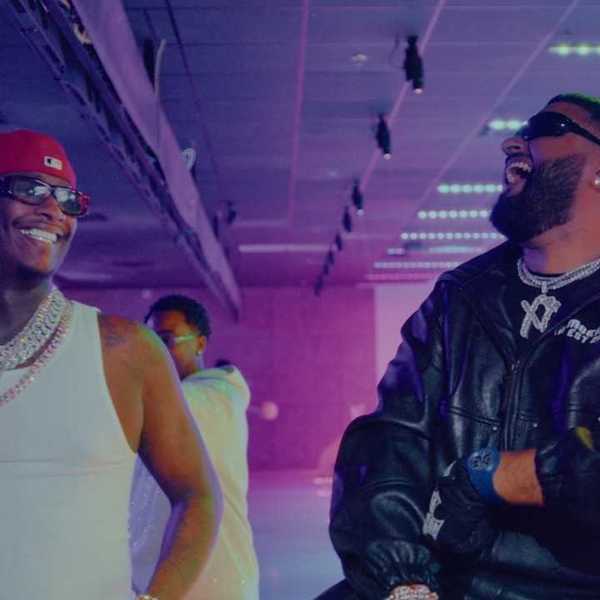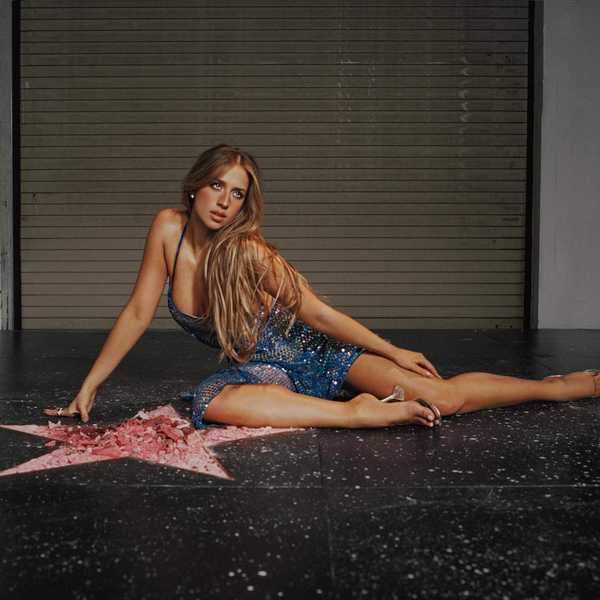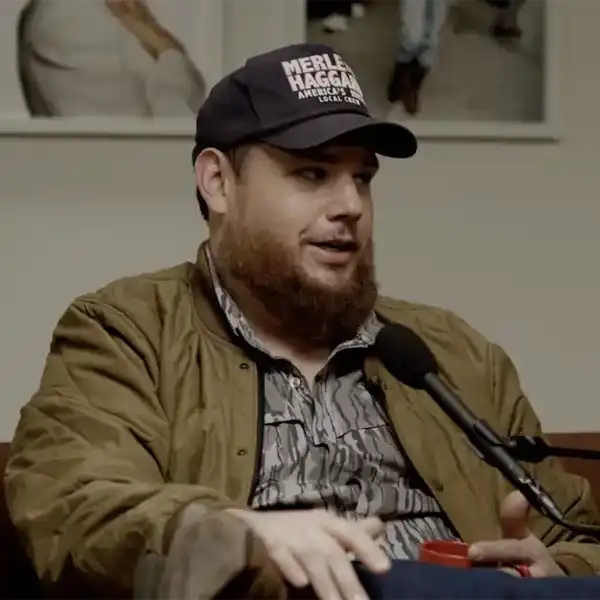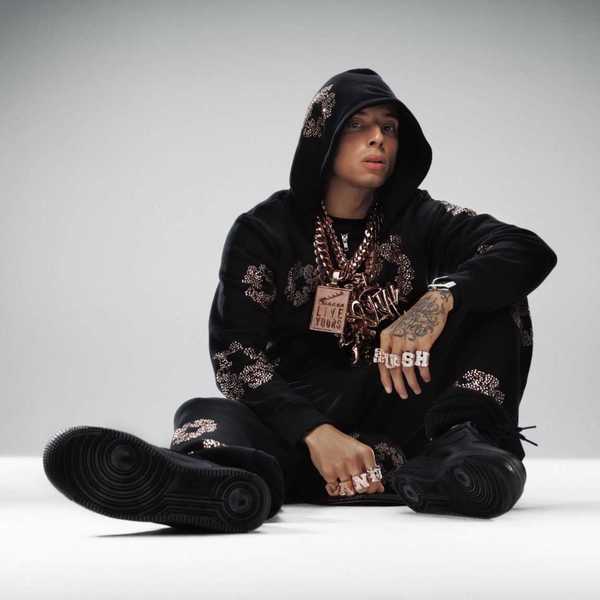Mac DeMarco Criticizes AI-Generated Music: ‘The Most Important Part of Art is the Human Element’
“We’re in a weird place,” the Canadian singer-songwriter said of the rise of AI in the music industry.

Mac DeMarco
Mac DeMarco is adding his voice to the conversation around AI music.
Since emerging on the indie music scene in the early 2010s, the Canadian singer-songwriter has witnessed a myriad of changes to the space. As DeMarco gears up to release his sixth full-length album, Guitar, he’s reflecting on the rise of AI.
“We’re in a funny zone right now where AI is coming in and getting good at things, fast,” he tells The Independent. “Things start feeling paint-by-numbers sometimes. When you have AI bands coming around, and people listening to music without even realizing it’s AI-generated, we’re in a weird place.”
DeMarco doesn’t refer to any specific artists, but his comment echoes reports that AI-generated group The Velvet Sundown gained over 500,000 monthly Spotify listeners in a short period. In July, a spokesperson for the group admitted it was an “art hoax.”
“I hear about people using AI to even write lyrics a lot nowadays, which is a bit like… give me a f-----g break,” DeMarco continues. “I think it’s about intention. If people want to climb the mountain, I guess you use the tools you can to get up there. I don’t know what you’re gonna find when you get up there, but hopefully you’re happy.”
DeMarco’s new album Guitar will come out August 22 on his own Mac's Record Label. The album boasts demo-like tracks, he says, that are purposely unpolished.
“There’s a satisfaction I have with this kind of thing, because of how pure and real it feels to me,” he explains. “It’s supremely of me. The most important part of art is the human element, I think. Be it good or bad, that’s what I want to hear.”
The British Columbia native isn’t the first Canadian artist to speak out against AI-generated music.
Last month, Winnipeg-based singer Leith Ross responded to a series of AI songs that were uploaded to their profile, saying: “f–k AI and AI music.” In March, a New Brunswick radio station accidentally played a francophone AI-generated song. Two months prior, Nova Scotia artist Ian James debunked an AI-generated album that was added to his Spotify profile.
Recently, there have been conversations about musicians' compositions being used — with or without their consent — to train AI tools that aim to replace them. Last year, artists such as Billie Eilish, Metro Boomin and The Arkells signed a letter urging AI developers to "cease the use of artificial intelligence (AI) to infringe upon and devalue the rights of human artists."
Listeners shouldn't expect an AI-generated song from DeMarco anytime soon.
- New Brunswick Radio Station Accidentally Plays AI-Generated Song ›
- Billie Eilish, Pearl Jam, Nicki Minaj Among 200 Artists Calling for Responsible AI Music Practices ›
- AI-Generated Album Appears On Nova Scotia Musician Ian Janes' Spotify Profile Without His Permission ›
- “F–k AI and AI Music”: Leith Ross Responds to Manipulated Songs Uploaded on Spotify Profile ›
- Mac DeMarco Bags Two Sold-Out Nights at Toronto’s Massey Hall: Canadian Concerts of the Week | Billboard Canada ›
- Mac DeMarco Shares Another Secret Album, ‘Seven Off the Two,’ On CD-R at Cross-Canada Tour | Billboard Canada ›

















